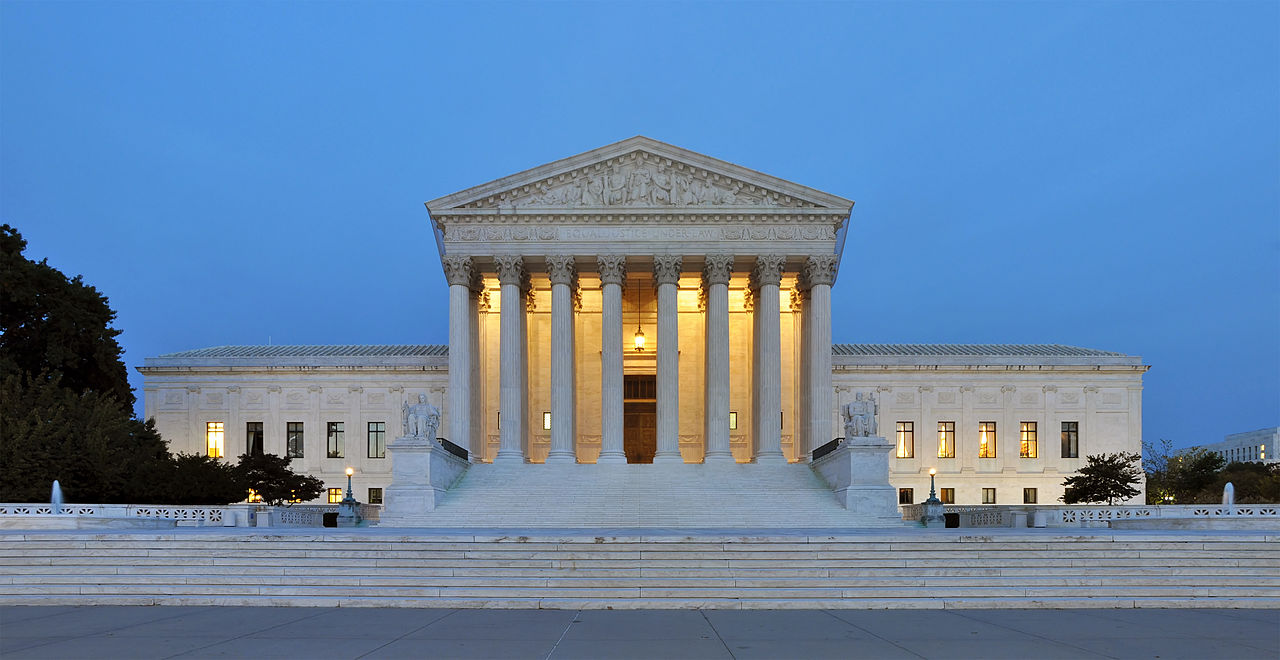
Attorney General Rob Bonta. (Photo: Kevin Sanders for California Globe)
US Supreme Court Rules Federal Law Protects Signed Arbitration Agreements With Employers in CA
Ruling invalidates critical part of 2004 Californian PAGA law
By Evan Symon, June 16, 2022 2:50 am
In an 8-1 ruling on Wednesday, the United States Supreme Court ruled that the California Private Attorneys General Act of 2004 (PAGA), which allows workers in the state to sue employers under the states name, does not allow employees to escape binding arbitration by keeping the action in court.
According to PAGA, aggrieved employees can file lawsuits to recover civil penalties on behalf of themselves, other employees, and the State of California for Labor Code violations. However, many employers have repeatedly challenged the law, as many workers had signed agreements that bound them to arbitration with the employer rather than going the more costlier and lengthier option of going to court. PAGA went around these agreements, forcing state law to takeover and still allow them to go to court, regardless if arbitration had been agreed to.
Over the years, this has led to a large rise of lawsuits in California, with a large number of cases concerning wage law violations, a matter usually easily reconciled in arbitration that has been bloating Californian courts for nearly two decades. While several suits have been filed during this time, one, Viking River Cruises Inc v. Moriana, made it all the way to the U.S. Supreme Court, where it was finally decided on Wednesday.
With only Justice Clarence Thomas dissenting, who noted in a brief dissent that he believed that federal laws don’t apply to state court proceedings, the court ruled in the company’s favor.
According to the majority opinion, written by Justice Samuel Alito, a federal law, the Federal Arbitration Act (FAA), overrules PAGA and any other similar state laws due to the FAA requiring enforcement of binding arbitration agreements. Under the ruling, cases where an employee signed an agreement with binding arbitration can no longer be brought up, invalidating a large part of PAGA.
Major part of PAGA invalidated by Supreme Court
However, the Supreme Court ruling does not cover PAGA related cases where there was no arbitration agreement, allowing the law to continue on for those employees who sue. Attorney General Rob Bonta even noted this as a silver lining to the ruling on Wednesday, saying that “For decades, PAGA has been a critical part of the state’s efforts to help make that a reality. Whether it’s protecting overtime pay or taking on unsafe working conditions, PAGA strengthens California’s ability to tackle labor violations. While today’s decision is disappointing and adds new limits, key aspects of PAGA remain in effect and the law of our state. Workers can continue to bring claims on behalf of the State of California to protect themselves and, in many instances, their colleagues all across California. At the California Department of Justice, we will continue to stand with workers to fight for their rights everywhere.”
Scott Nelson, a lawyer who represents the plaintiff, Angie Moriana, added that the ruling kept much open and that “California may be able to protect its ability to ensure that those claims can be litigated by clarifying its standing law.”
Despite supporters of PAGA pointing to instances where it can still work under the law, those who opposed PAGA celebrated the severe restricting of the law.
“The Supreme Court spoke,” said Lamont Harris, a Los Angeles businessman who had to go to court before despite having arbitration agreements with employees, to the Globe on Wednesday. “You know, that law was just all around bad. It cost us so much in what is really something that can be hammered out in arbitration. Employers make mistakes sometimes too, but employees would rather sue than just talk it out so everyone gets a fair deal. That’s pretty much what the federal law was getting at with the signed arbitration agreements. That law here, man, that was a huge hit on my business. Too late for me, but hopefully this saves a lot of businesses grief.
“I know a few who were thinking of moving out of state specifically if the Supreme Court upheld it too, so California just saved at least a few businesses this way too. But, of course, you won’t hear anything about that. I hope we do the smart thing and just scrap the rest of it now.”
The ruling was one of the largest made by the Supreme Court so far this year, but will likely be overshadowed soon by cases involving such controversial subjects such as abortion in the coming weeks.
Read analysis of this SCOTUS decision by California Globe contributor Chris Micheli HERE.




